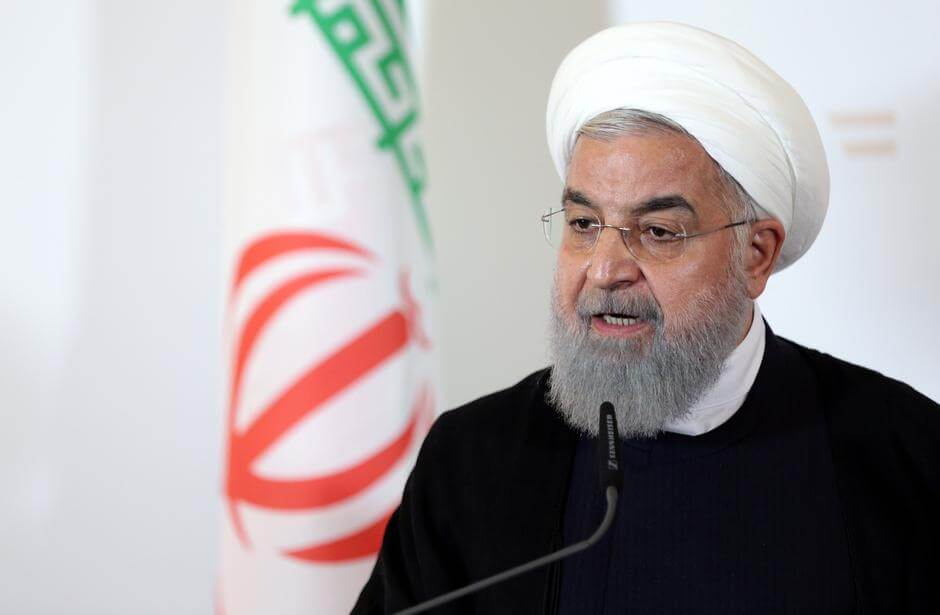On Tuesday night, Iran launched more than a dozen missiles on two Iraqi military bases in Al-Asad and Erbil, where American forces are stationed.
There were no immediate reports of any American casualties, and the White House decided to postpone a formal presidential address to the nation to Wednesday morning. Donald Trump, however, tweeted “All is Well!.... So far so good!” while noting that initial damage assessments were ongoing.
Tensions between the two nations have been escalating over the last few days after an American military contractor was killed; Iran-backed militias conducted a violent protest at the US Embassy in Baghdad; and a US airstrike killed Qassim Suleimani, a top Iranian military general, and Abu Mahdi al Muhandis, an Iraqi militia leader.
Following its attack, Iran has called for de-escalation, with Foreign Minister Javad Zarif stating that it has “concluded proportionate measures in self-defense” and though it does not seek escalation of war, it will defend itself against any aggression.
The Al-Asad base was built by the American-led coalition in 2017 for its campaign against the Islamic State; approximately 500 US military and civilian personnel were housed there. Though this number decreased following troop withdrawal after ISIS’ ‘defeat’ in 2019, the base remains important and still hosts a robust presence of around 1500 coalition forces. Reports suggest that it was hit at least six times.
Similarly, the Erbil base houses Special Operations, maintaining the presence of hundreds of troops, logistical and intelligence specialists.
US allies such as Germany, UK and Canada have begun withdrawing from Baghdad amid increasing insecurity, and most NATO troops are reportedly heading towards Kuwait. Though the US is currently evaluating its options for repositioning its forces across Iraq to bolster their defenses, and the anti-ISIS mission has halted its operations, US Defense Secretary Mark Esper clarified US policy stating “Our policy has not changed…. We are in Iraq, and we are there to support Iraqi forces and help the Iraqi government become a strong, independent, prosperous country…. Many Iraqis recognize the strategic importance of our partnership with them.”
Image Source: Reuters

